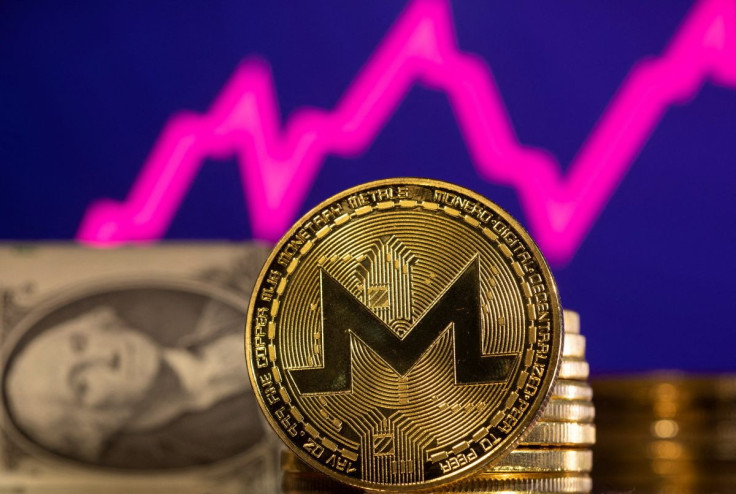Crypto Firms Seek Clarity On U.S. Regulations On Their Interest-Bearing Assets: Report
KEY POINTS
- Crypto firms are unsure of regulations in the U.S.
- Some firms are being cautious given SEC's tight stance
- Several crypto companies are exploring limiting their offerings
Cryptocurrency companies have reportedly said they remain unsure of U.S. regulations governing products that allow customers to earn interest on holdings, months after crypto firm BlockFi agreed to pay $100 million in a settlement with the authorities.
In February, crypto firm BlockFi had to pay $100 million in a landmark settlement with the U.S. Securities and Exchange Commission and state authorities who targeted its interest-bearing product qualifies as a security and said that it should have been registered.
According to a Reuters report published Wednesday, many digital asset companies providing such products have said this month the rules remain unclear to them and they are uncertain when they should register such offerings, which are growing popular and which many firms launched within the last year.
Industry executives told Reuters that the SEC should define what constitutes security rather than using enforcement actions to set boundaries.
SEC registration of crypto products is "not always a path that others can take for various different circumstances," said Nicholas Losurdo, a partner at Goodwin.
“The better way would be for the SEC to actually just articulate a clear message of what it expects," Losurdo told Reuters.
Further, the report quoted Richard Levin, chair of the fintech and regulation practise at Nelson Mullins as saying that several crypto companies are exploring limiting their offerings so they would be clearly exempt under the SEC registration rules.
At the same time, some crypto companies said they were being cautious in light of the SEC's tough stance.
Kraken's chief legal officer Marco Santori revealed plans of offering an interest-bearing product but the company is wary since the SEC has not provided guidance.
Crypto exchange Bitstamp also hopes to offer a yield product to U.S. institutional investors but believes it might need additional licenses and approval from New York regulators.
"Some crypto players in the U.S. have gotten in big trouble with how they've managed lending and credit-type offerings," Bobby Zagotta, CEO of Bitstamp USA told Reuters.

© Copyright IBTimes 2025. All rights reserved.





















